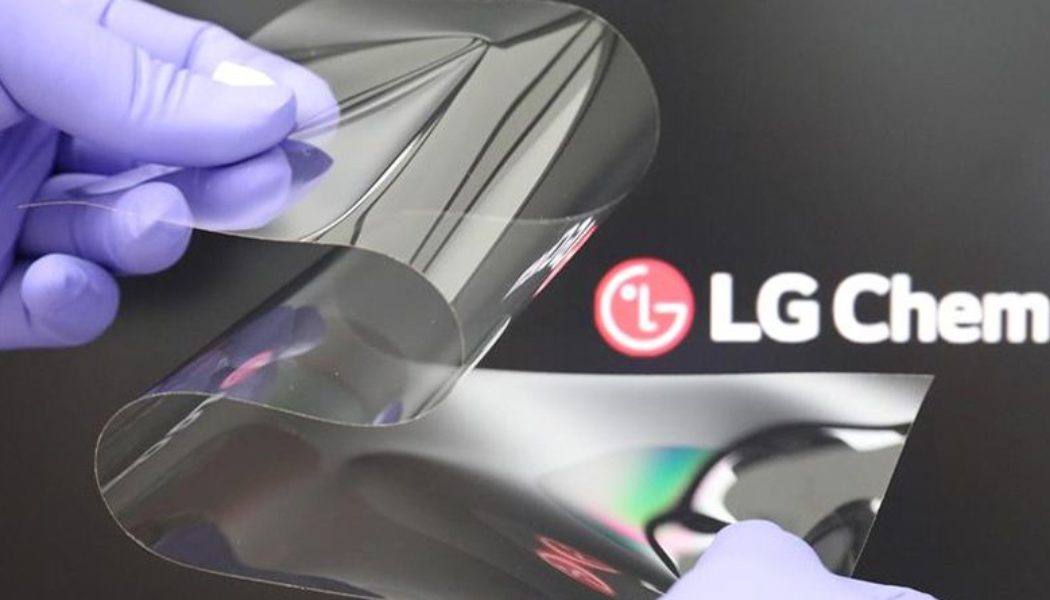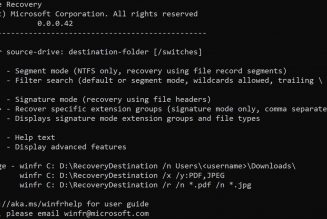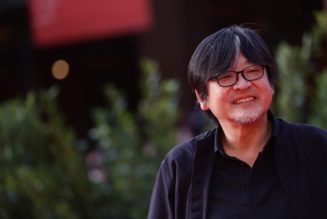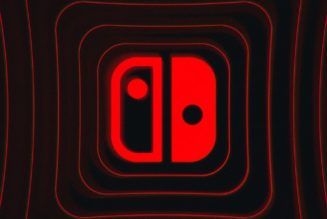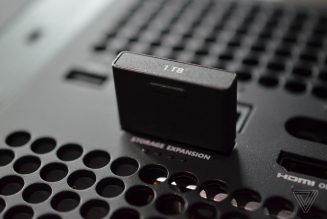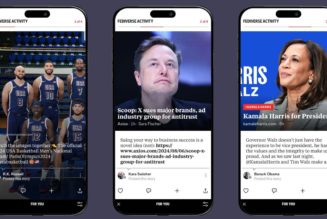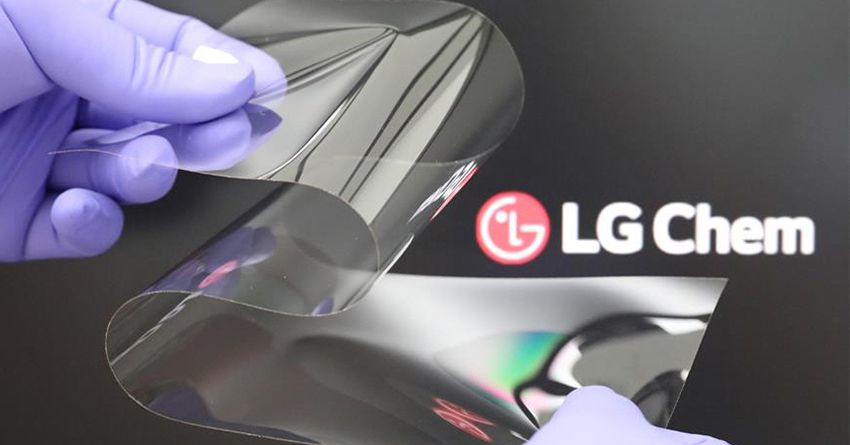
Bendable glass was supposed to unlock a future straight out of science fiction: phones that fold. But the actual glass we got wound up relying on factory-installed plastic screen protectors to avoid shattering when you fold it. Now, LG wants to cut out the middleman by improving the plastic instead: the company just announced its “Real Folding Window,” a cover material it claims will be as hard as glass but without the whole cracking issue.
What’s the secret? Well, LG doesn’t quite say in its press release, only that it’s a “new material” that it uses to coat both sides of a sheet of plastic film — PET film, to be precise. (PET is probably best known as the plastic in your soda bottle.) The idea is that if you apply that coating to the plastic and then apply that cover material to a flexible OLED panel, you’ll have a folding screen that lasts longer and with a less noticeable crease than today’s folding devices. LG says it should be more competitive on price, too.
In fact, LG says the coated PET should work with tablets, laptops, and rollable-screen phones, too, like the one we’re still waiting for LG to decide whether it will cancel. Also, it sees potential for devices where the screen folds outward, not just inward like we’ve seen with Samsung’s Galaxy Z Flip, Z Fold, and the Moto Razr. LG also says it sees “significant improvements to the fold lines that occur on the folding parts of the screen.” Maybe it could unlock a lot more of the wacky folding phone designs we’ve seen in prototypes and patent applications.
LG’s current timeline doesn’t see it commercializing this tech until 2023, though, and it’s not clear how it’ll actually stack up to glass in other ways (like clarity) when it arrives. Samsung’s on the PET train, too; as we’ve written, the Galaxy Z Flip 3 and Galaxy Z Fold 3 cover their ultra-thin glass (which is technically made by German manufacturer Schott) with a “Stretchable PET” layer that we found far superior to the gummy screen protector Samsung had to ship on prior models.
Samsung is reportedly ramping up production of folding screens for other phone makers as well, including Google. And it has been reportedly working with Corning, which has been building its own folding glass to compete with Schott. Having even more competition from LG is a good thing if you’re a gadget lover hoping foldable prices will come down to earth.
Even without the additional suppliers, Samsung is already pushing folders hard: we called Samsung’s $1,000 Galaxy Z Flip 3 “the first folding phone for normal people” and thought the more expensive Z Fold 3 was “nearly normal” as well.
